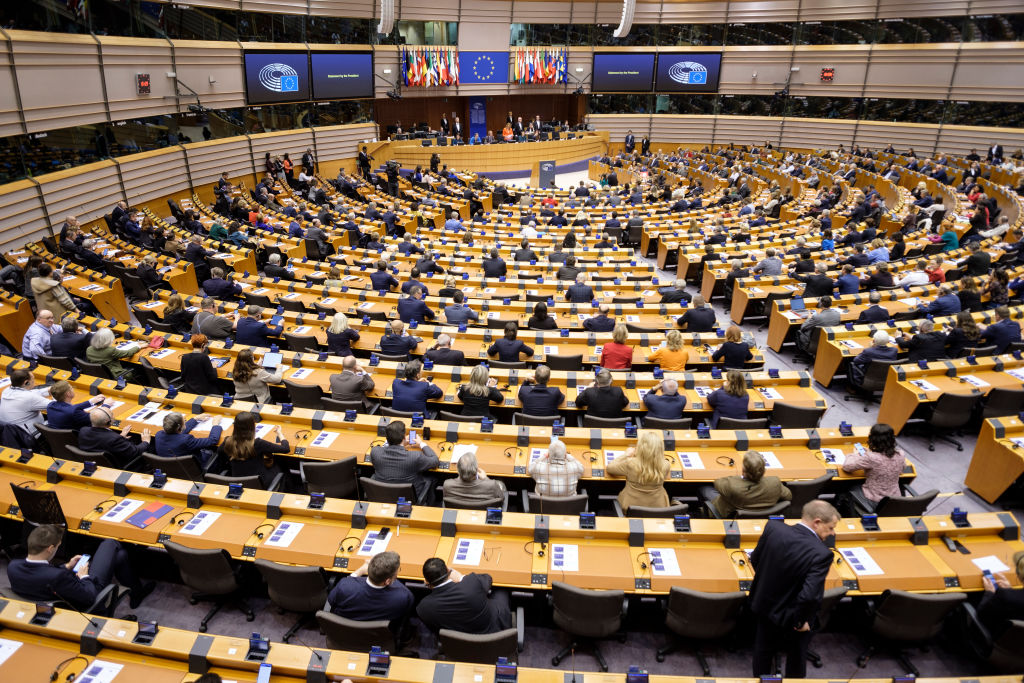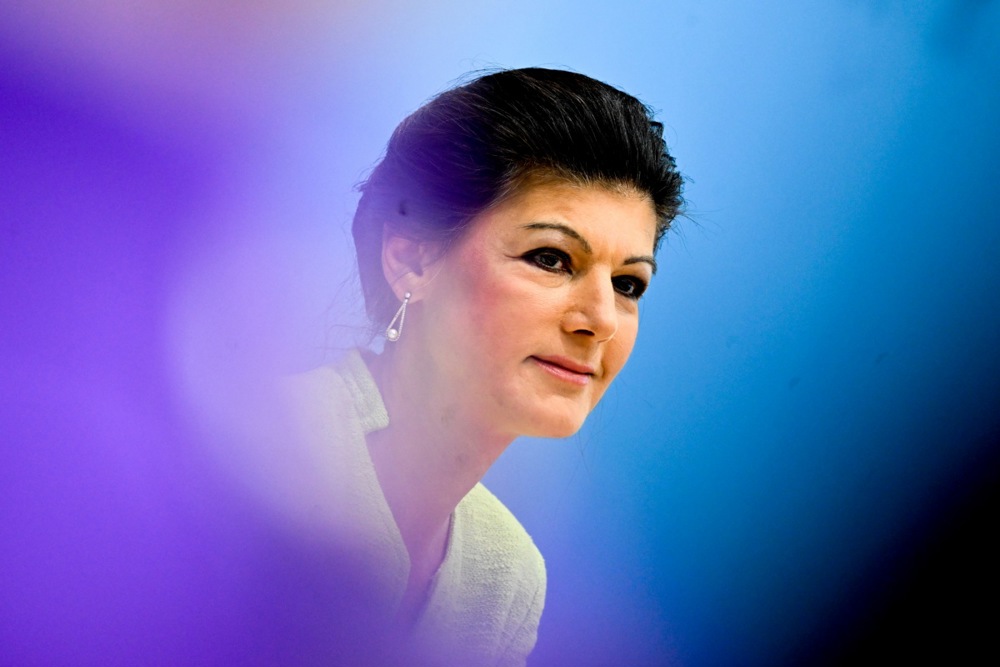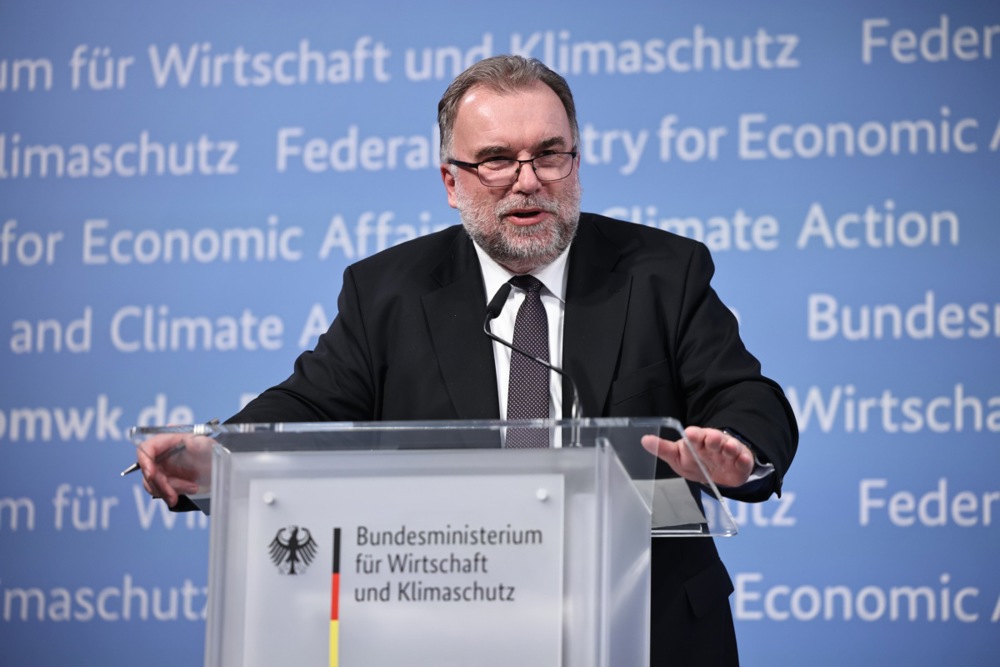Maximilian Krah MEP, German AfD party list leader for the European Parliament elections in June, wants the Czech intelligence service (BIS) to provide proof regarding accusations that Petr Bystron MP, second on the AfD list, has taken Russian bribe money.
An intelligence service in Czechia is alleging that a Russian influence operation succeeded in bribing European politicians including Bystron.
Krah said he can’t know whether Bystron is guilty or innocent without any real proof. “You always have to consider, is there something true in it-a core of misbehaviour, or is it a complete fake?”
According to information from Czech Government insiders, cited by the Czech news outlet Deník N on March 3, the BIS reportedly has audio recordings, which have not been made public, that allegedly implicate the AfD MP.
In an interview with Brussels Signal Head of News Justin Stares, Krah said the entire affair seemed to “come out of an intelligence service playbook”.
“EU-sceptics are on the rise, and we were expecting reports of some scandal,” he said but he highlighted that, in this case, no one could precisely determine what the situation was or the veracity or otherwise of the allegations.
Krah demanded that the recordings to be made public to prove they were not “an intelligence fake”.
“Release the audio file” so that “experts can determine the realness”, he said.
Krah noted the accusations are based on allegations made by intelligence services in Czechia talking to anti-AfD journalists regarding a recording no one else has heard. “This seems to go out of an intelligence play book,” he added.
Krah said he will listen to the Bystron’s comments regarding the allegations in Berlin on April 8 when the AfD is holding a meeting on the matter, stressing the MP must be given a fair chance to defend himself.
Krah also said that the timing of the accusations was questionable, with the Eurosceptic Right on the rise across Europe and with the AfD polling at its highest rate ever.
He also referred to the apparent unpopularity of the Government in Prague, saying that might be related to a lack of public backing for the war in Ukraine.
Michal Koudelka, the head of the BIS, is said to have briefed the Czech Government regarding the alleged recording of Bystron which, it is claimed, was verified to Deník N by five members of the cabinet.
The ministers heard that the BIS was working on the basis of audio material on suspicion that the German MP might have accepted bribe money.
Bystron denies all the accusations, calling them “slander.”
He told German news portal t-online on March 3: “It is understandable and right that the colleagues from the federal executive board want to get first-hand information about such a media campaign.”
He said he would be happy to make available any information he had, adding: “I have nothing to reproach myself with.”
He described the allegations as a “defamation campaign” in the run-up to the European Parliament elections targeting parties that oppose the war in Ukraine. The entire affair, he said, was based on “unsubstantiated accusations” and he demanded that the BIS “finally publish the alleged evidence”.
On March 28, it is claimed the BIS told the Czech Government that a Russian network was trying to influence the outcome of the Parliament elections through Prague via a news website.
According to Der Spiegel, several hundred thousand euro have been paid to politicians in six European Union Member States, including Germany, France, Poland and the Netherlands. The money was allegedly handed over by the Czech news website in cash during meetings in Prague and in part transferred by cryptocurrency.
In response to the BIS’ alleged findings, the Czech Government enforced sanctions against individuals associated with the website.
The allegations of Russian influence peddling are causing more waves across Europe.
In the Netherlands, bribes are also alleged to have been paid. On March 3, a plenary debate was held about the matter.
Mr Bystron was not reachable for comment.
The full interview with Dr. Maximilian Krah and Justin Stares can be seen here.





